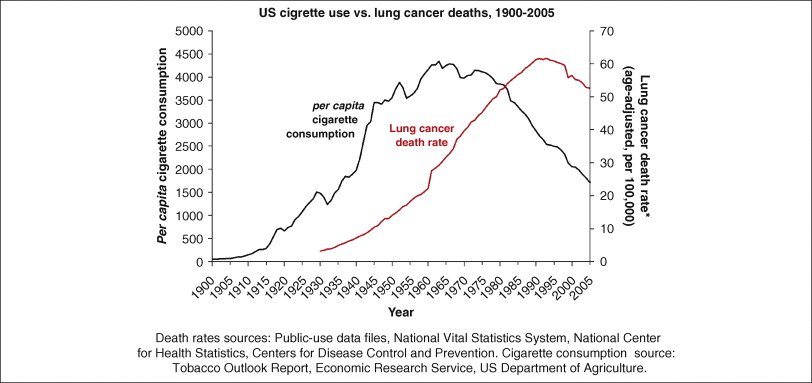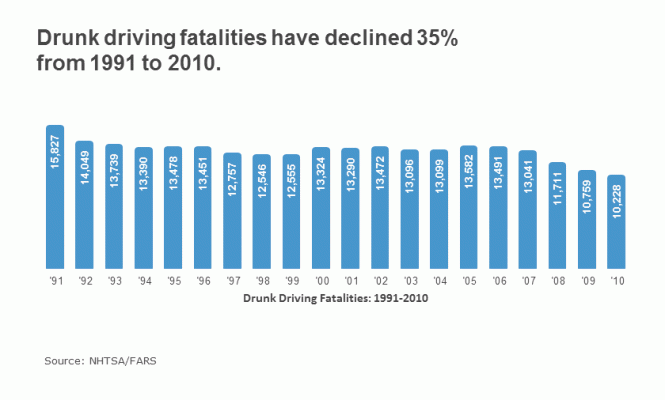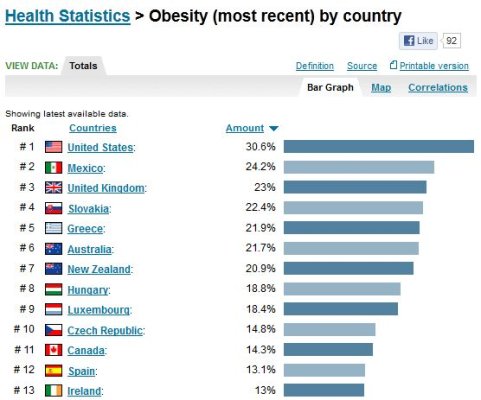explanade
Give me a museum and I'll fill it. (Picasso) Give me a forum ...
- Joined
- May 10, 2008
- Messages
- 7,442
A article I read reinforces your last paragraph. In fact, they have it at 8.6% lowest only to Sweden as percentage of cost, though in actual dollar terms of actual salary they compare favorably.
Total U.S. physicians’ salaries comprised 8.6 percent of the nation’s total healthcare costs. Of the western nations with modern healthcare systems, only Sweden devoted less money to physician salaries than the U.S, at a portion of 8.5 percent.
In contrast, Jackson researchers found physician compensation to represent about 15 percent of total healthcare expenditure in Germany, 11 percent in France and 11.6 percent in Australia. In the United Kingdom, physician payment constituted 9.7 percent of the total healthcare costs.
Physician compensation in U.S. among lowest for western nations | Healthcare Finance News
I personally would be very leery of wage controls on our medical providers. Providers sacrifice many years of their lives to pursue their careers and incur significant debt doing this. I would hate to put in a measure that is a disincentive for bright people to pursue this career.
Funny thing is, other components also are small part of the total spending.
Malpractice awards is a small portion, insurance company profits are a small portion.
So where is the lion share of the costs going to? Hospitals?





